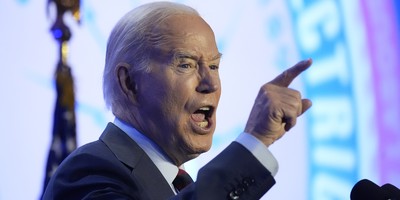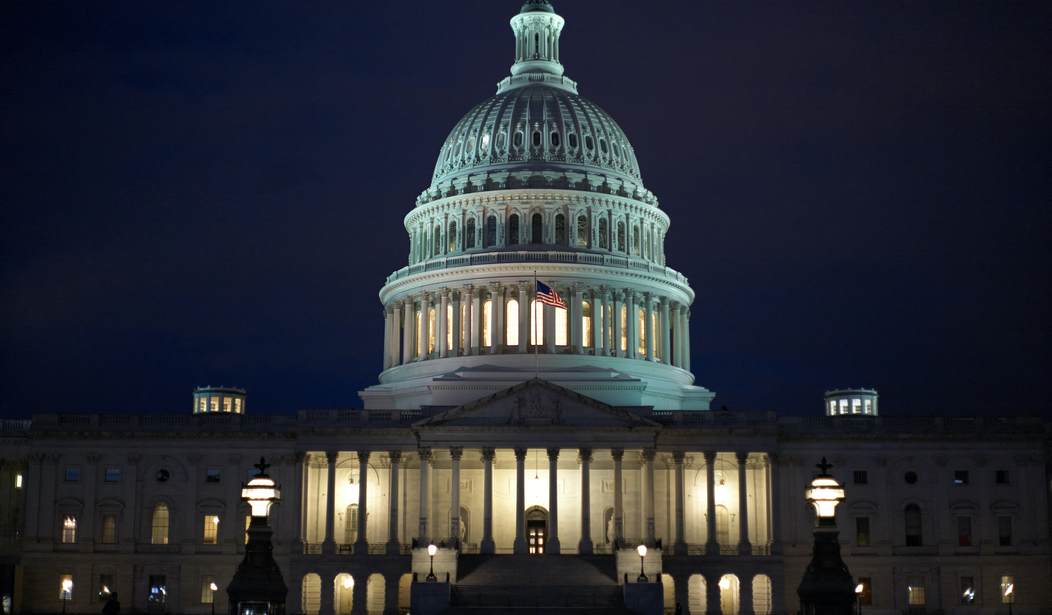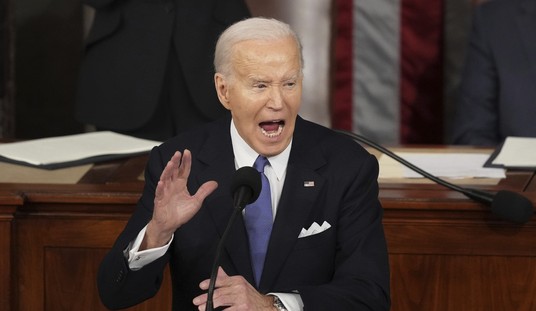The federal government continues to inch closer to running out of money, potentially as soon as June 1. An inability for the Treasury Department to pay its bills would result in a disastrous debt default and be felt immediately by people throughout the country – like seniors who rely on Social Security checks, families who have been building up their 401(k) plans, and small businesses who rely on loans to make payroll. Another important, but often overlooked constituency that would be harmed is federal taxpayers.
A default would damage America’s reputation as a trusted borrower, exacerbating America’s growing debt problems. If the U.S. fails to fulfill its fiscal obligations, creditors would quickly lose confidence in repayment capacity. This would force the federal government to make the costly move of offering higher interest rates on Treasury bonds, increasing the cost to taxpayers for many years.
In the nation’s 247-year history, the United States has never defaulted on its debt. This perfect record of financial responsibility has rewarded the federal government advantages with a AAA-credit rating: allowing the Treasury to finance spending with ultra-low interest rates. Investors know that when they purchase U.S. Treasury bills, they are purchasing the gold standard of bonds anywhere throughout the world.
Yet, the White House is flirting with the possibility of breaking this unbroken record, which Fitch Ratings indicated could negatively impact the nation’s credit score – jeopardizing the ability to borrow at low rates. The last time the federal government came close to default, in 2011, S&P lowered the nation’s credit score - a move that could prove costly for taxpayers if other rating agencies follow suit.
If the government defaults, or even comes close to it, credit rating agencies would almost certainly downgrade the rating of treasury bonds. This would in-turn force the government to raise the interest rate for bonds to entice investors to continue purchasing a “safe” asset like U.S. government securities. For any future debt the government would need to offer a higher rate in order for investors to purchase it, since the debt would no longer be viewed as “risk free.”
Recommended
The result: increased federal borrowing costs. A recent report from Moody Analytics estimates a default would increase the national debt by a staggering $850 billion over the next decade due to the higher borrowing costs. That’s more than adding an annual Pentagon budget to the national debt all due solely to the inability to compromise.
Debt servicing costs are already the fastest growing part of the federal budget, and a sudden rise would make it even more difficult for future generations to ever pay down the debt that we have accumulated. Interest rates are already rising to historic rates, between 2021 and 2022, interest payments on the national debt rose from $352 billion to $475 billion, the largest dollar amount in U.S. history.
Today, federal debt sits at $31.4 trillion. It’s an outrageous amount in both nominal and real terms as compared to the size of the economy, and paying it down is a daunting task that must be addressed. Paying it down isn’t going to happen overnight or even within the next decade. Subjecting future generations to higher interest rates, and thus slowing economic growth while increasing debt service costs makes any shot at doing so far more difficult.
As congressional leaders and President Biden meet next week to discuss how to address the debt ceiling, they need to work in good faith to put forward a solution that responsibly attends to our debt and puts the country on a more sustainable fiscal path. Federal spending exploded in the wake of the Covid-19 emergency, but that new spending level cannot be a future baseline. Spending by multiple measures is currently at World War II levels. Spending plummeted at the conclusion of that emergency, and it must again. The House-passed Limit, Save, Grow Act, which includes permitting reform and reasonable limits on federal spending, is a strong path forward.
America’s leaders cannot allow the country to default. The consequences to everyday Americans would be devastating and add to our growing debt burdens. That’s not the future to leave for the country’s children and grandchildren. Years of reckless overspending has gotten the federal government into this hole; it mustn’t get deeper – especially since future generations are the ones that will ultimately bear the burden.
Everyone wants to point fingers over who is responsible for the nation’s debt, but these debt ceiling negotiations aren’t a question of who is responsible – they are a question of what we will do about it now. Americans are relying on their elected leaders to come to a solution – and it is the White House and Congress’s duty to come together and find a path that will address the debt ceiling while putting the nation on a stronger fiscal path.
Patrick Hedger is Executive Director at the Taxpayers Protection Alliance.

























Join the conversation as a VIP Member